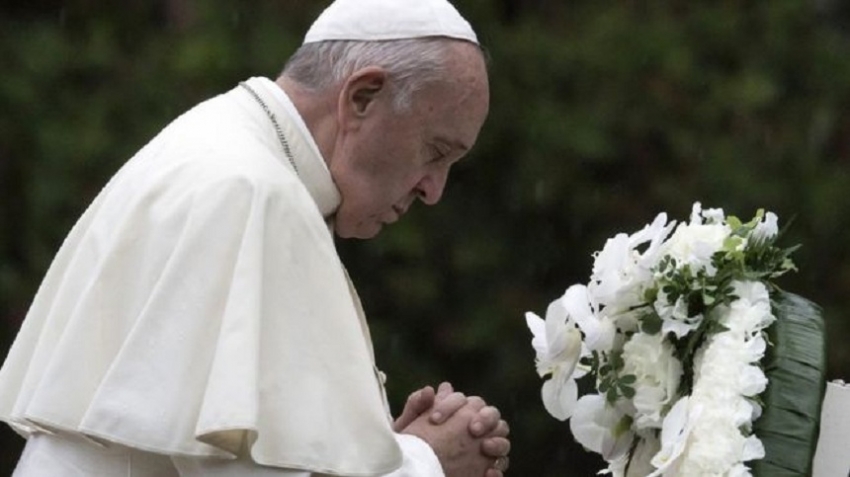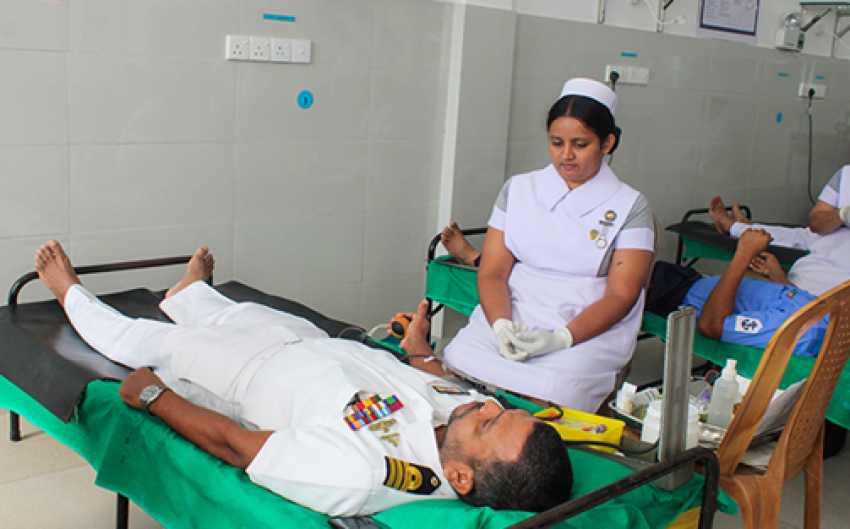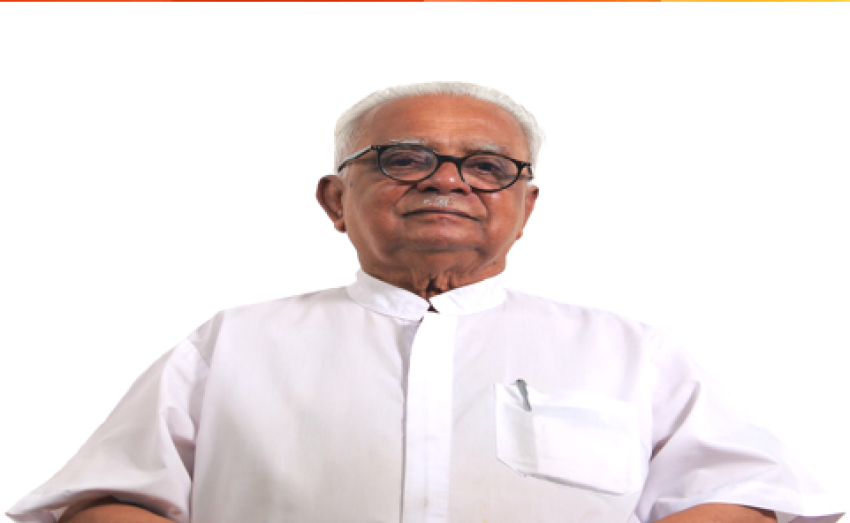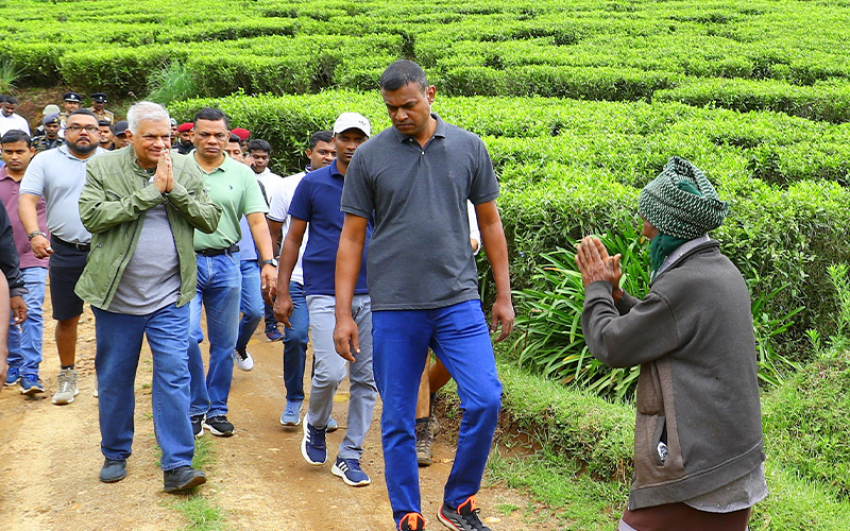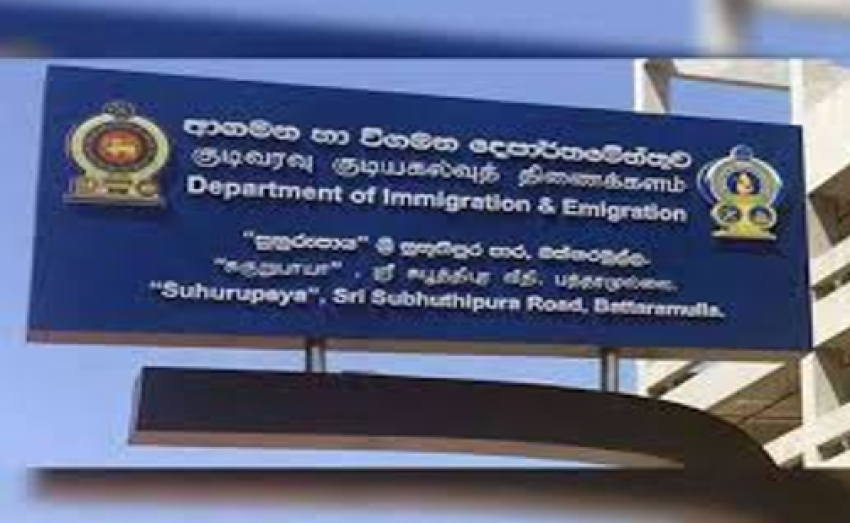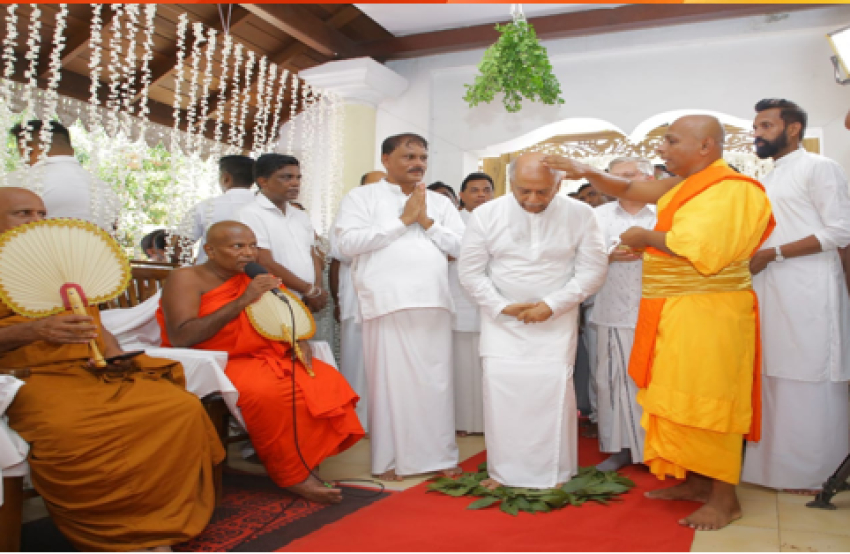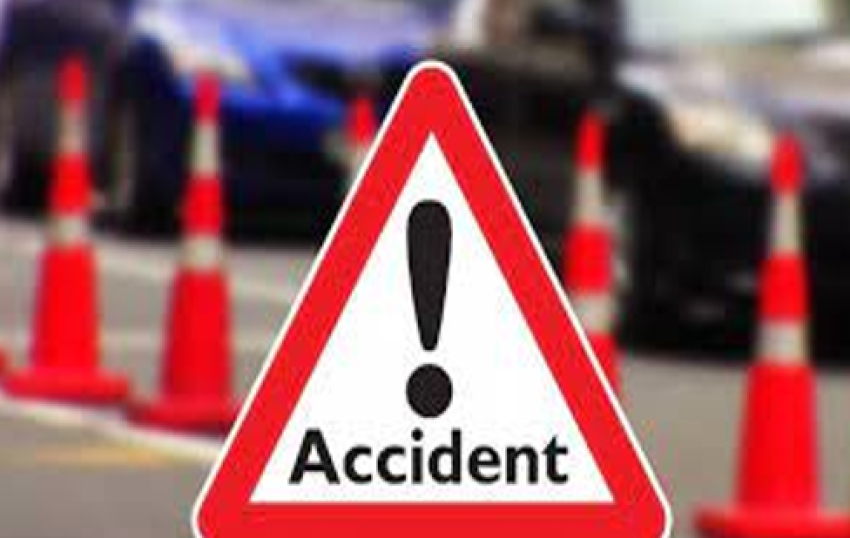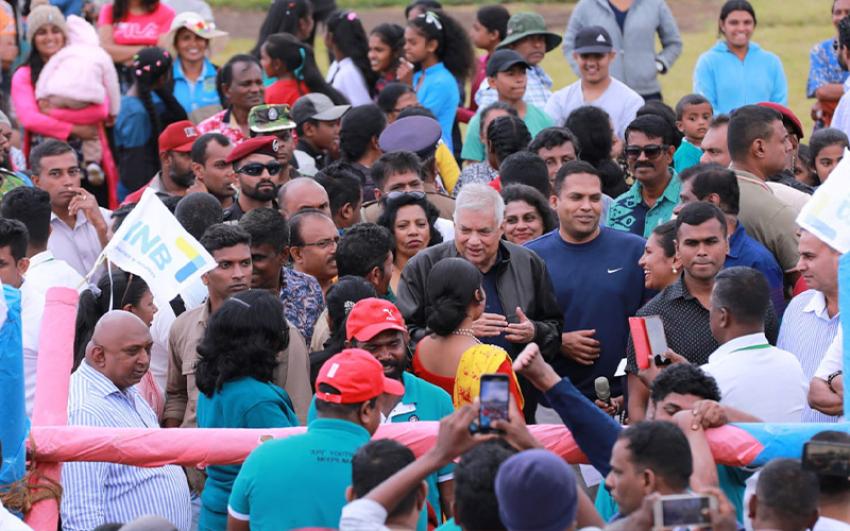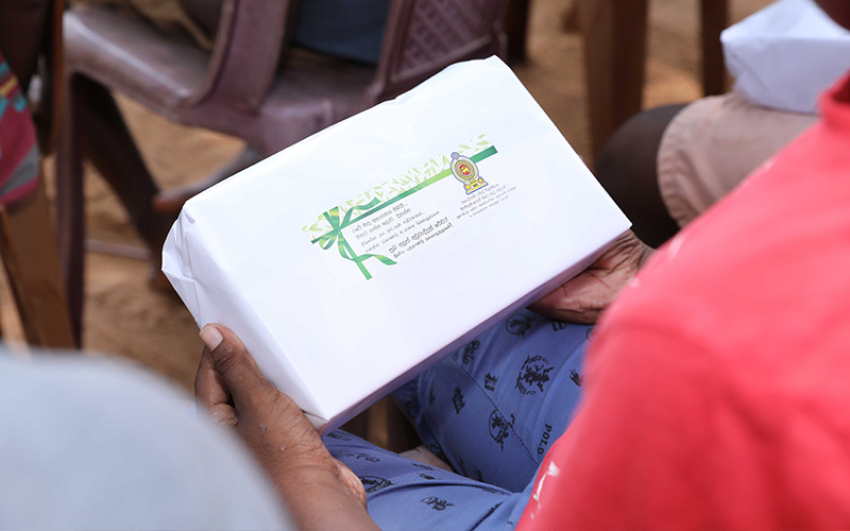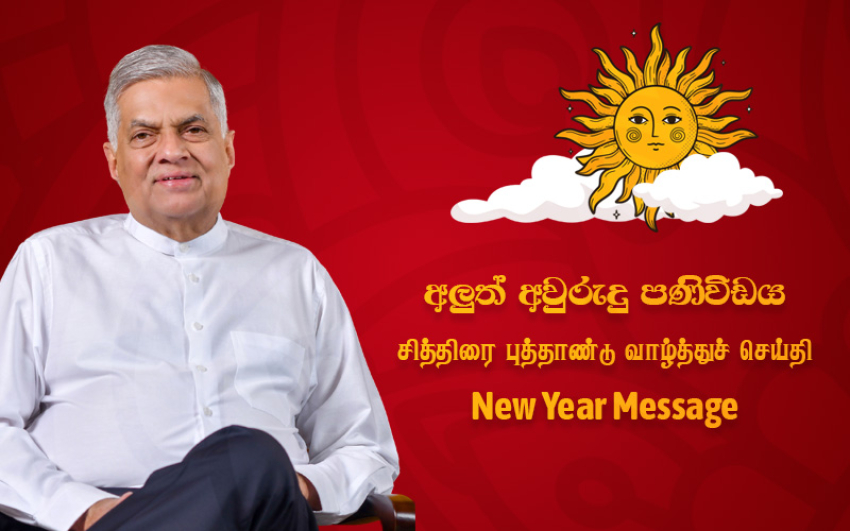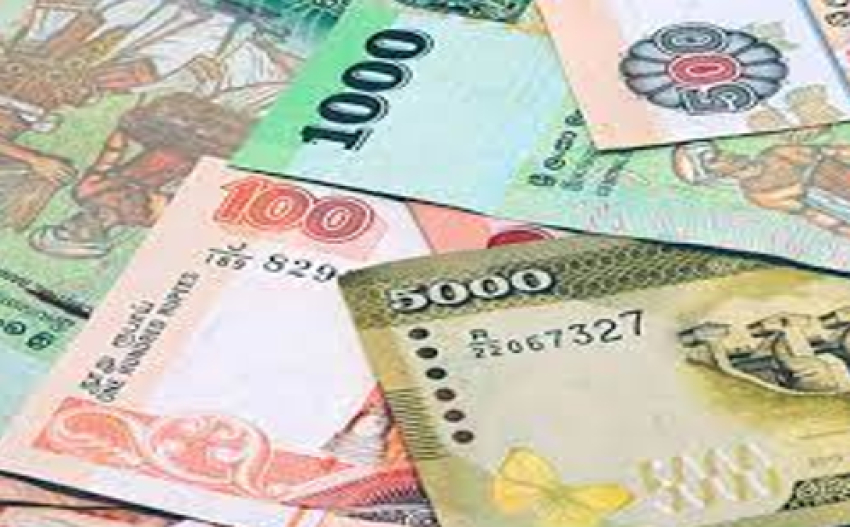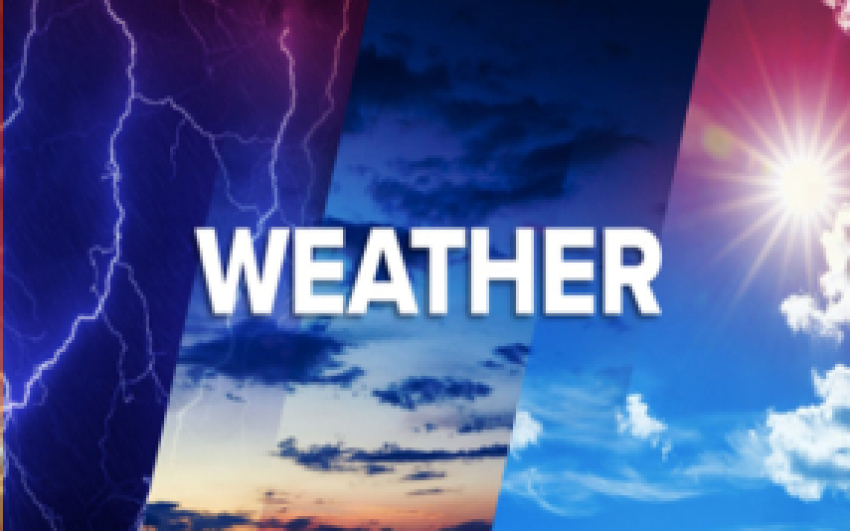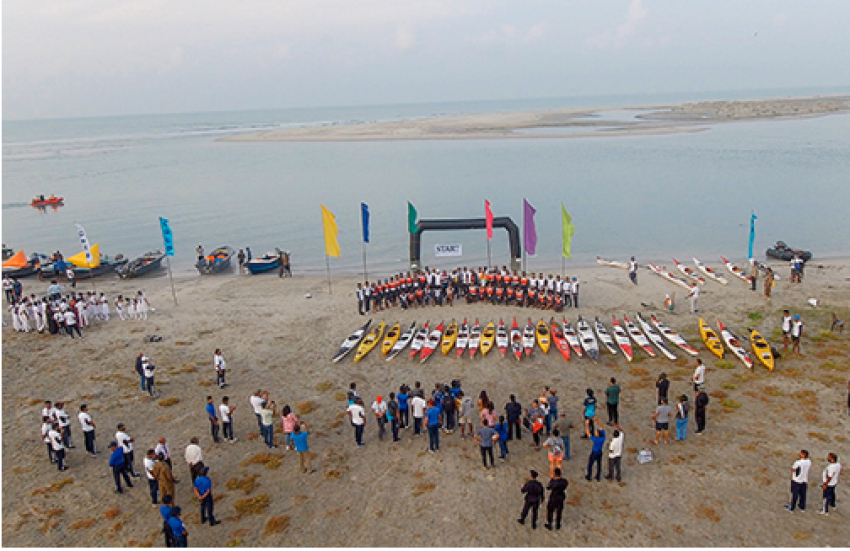The pontiff prayed at a memorial during the first papal visit to Japan in decades
Pope Francis has made an impassioned appeal for the abolition of nuclear weapons during a visit to Nagasaki, one of the two Japanese cities targeted by atomic bombs during World War Two.He decried the "unspeakable horror" of nuclear weapons and insisted they were "not the answer" for global peace.At least 74,000 were killed in Nagasaki by the attack by US forces in 1945.Two survivors of the bombing, now both in their 80s, presented the pontiff a wreath during the Sunday service.Pope France arrived from Thailand on Saturday for a four-day visit, which is only the second papal visit to Japan.The Japanese Christians forced to trample on ChristHundreds of people gathered in the pouring rain to hear him in Nagasaki. The Pope then attended a meeting at the Peace Memorial in Hiroshima, the site of the other atomic attack.
In a sombre ceremony, the Pope unequivocally condemned the use of nuclear weapons."This place makes us deeply aware of the pain and horror that we human beings are capable of inflicting upon one another," he said at the event in Nagasaki.During his speech, Pope Francis also took aim at their use as a deterrent and insisted peace is incompatible with the "fear of mutual destruction or the threat of total annihilation."He also criticised the money "squandered" on the weapons around the world and mentioned a "climate of distrust" hindering contemporary non-proliferation and arms control efforts.
Sakue Shimohira, 85, and Shigemi Fukahori, 89, were two survivors who met with the Pope during the visit."My mother and older sister were killed, charred," Ms Shimohira was quoted by AFP news agency as saying. "Even if you survived, you couldn't live like a human or die like a human... It's the horror of nuclear weapons."There are about 536,000 Catholics in Japan, according to Vatican News. The number makes up less than only 0.5% of the population - where Buddhism and Shinto sects are the most popular religions.Nagasaki is known for being home to so-called "hidden Christians" who practiced their faith underground when it was banned during the 17th Century.What happened in Hiroshima and Nagasaki?
The first atomic bomb was dropped on the city of Hiroshima by a US warplane on 6 August 1945.The US hoped the bombing, which came after Japan rejected an earlier ultimatum for peace, would force a quick surrender without risking US causalities on the ground.
What happened in Hiroshima? The first bomb killed an estimated 140,000 people in Hiroshima - about half of which are thought to have died on its initial impact.Thousands were killed instantly in Nagasaki on 9 August 1945
The attack was the first use of nuclear weapons, which had just been developed, during a war. US President Harry Truman only announced their existence after the first bomb was dropped.When no immediate surrender came from the Japanese, US forces dropped a second bomb three days later.Nagasaki was actually not the initial target of the attack, but was only chosen after bad weather obscured the main target city of Kokura.Japan surrendered six days later and officially brought about the end of World War Two.The necessity of the bombs, and their devastating and lasting impact on civilians, has been contested since.
The Pentagon has outlined how it wants to revamp the US nuclear arsenal, and develop new low-yield bombs, largely in response to the threat from Russia.Reality Check looks into where the world's nuclear weapons are located and who owns them.While the global stockpile of nuclear weapons has shrunk significantly since the Cold War, there are hundreds of warheads that could be launched at short notice, and experts say every nuclear-armed nation is modernising its arsenal or has plans to do so.Countries keep most details of their nuclear weapons secret, but it is known that nine countries own the estimated more than 9,000 nuclear weapons that are in military service. These are either deployed - mounted on land or sea missiles and kept at air bases - or in storage. About 1800 are on high alert and could be fired with little warning.The US and Russia own the vast majority of the world's nuclear weapons.Including retired warheads waiting to be dismantled, the total is said to be almost 15,000, according to the Stockholm International Peace Research Institute (Sipri). This is a marked decline since the 1980s when the figure peaked at around 70,000.
Since 1970, 190 countries including the US, Russia, UK, France and China have joined the Non-Proliferation Treaty (NPT). India, Israel and Pakistan never signed the agreement and North Korea left in 2003. The NPT recognises five states having nuclear weapons - US, Russia, France, UK and China - all of which had tested nuclear weapons before the agreement came into effect.Under the agreement, these countries should not maintain an arsenal forever.The treaty prohibits non-recognised states from developing nuclear weapons. South Africa, and former Soviet Union countries Belarus, Kazakhstan and Ukraine have all given up theirs.
Some of their warhead inventories, Israel's and France's are said to be relatively unchanged and China, Pakistan, India and North Korea are believed to producing more, according to the Federation of American Scientists. But at the very least, experts say, every nuclear-armed state has plans in place to modernise its nuclear stockpile.Modernisation is contrary to the spirit of the Non-Proliferation Treaty, says Shannon Kile, head of Sipri's nuclear project.The UK is planning to replace its fleet of Vanguard nuclear armed submarines, which carries its Trident nuclear missiles. The overall size of its arsenal will be reduced to no more than 180 by the mid-2020s.The US may spend more than $1 trillion (£703bn) by the 2040s upgrading its nuclear capabilities. Some of America's warheads can be found around Europe in Belgium, Germany, Italy, Netherlands, and Turkey, which host around 150 warheads between them.North Korea conducted its sixth nuclear test in September and the jury is still out on whether Kim Jong-un's nuclear programme is capable of attaching a warhead to a long-range missile.
In recent months, North Korea has demonstrated it has increasingly advanced missiles, which are said to have brought the United States within range.
In 2017 North Korea tested several inter-continental missiles
Will there ever be a nuclear-free world?
A few months into his presidency, Barack Obama told a crowd of thousands in Prague that under his watch, America would commit "to seek the peace and security of a world without nuclear weapons". It appeared as though the world edged closer in July 2017 when more than 100 countries endorsed a UN treaty to ban nuclear weapons altogether.
So far dozens of countries have signed the legally binding instrument, the first agreement of its kind to explicitly ban nuclear weapons. However the nuclear-armed states boycotted the negotiations.
The UK and US say they never intend to join the treaty because it undermines the NPT. Allied Nato countries also failed to acknowledge the new agreement.
The International Campaign to Abolish Nuclear Weapons (Ican), the organisation behind the treaty, was awarded the 2017 Nobel Peace Prize.
on.

